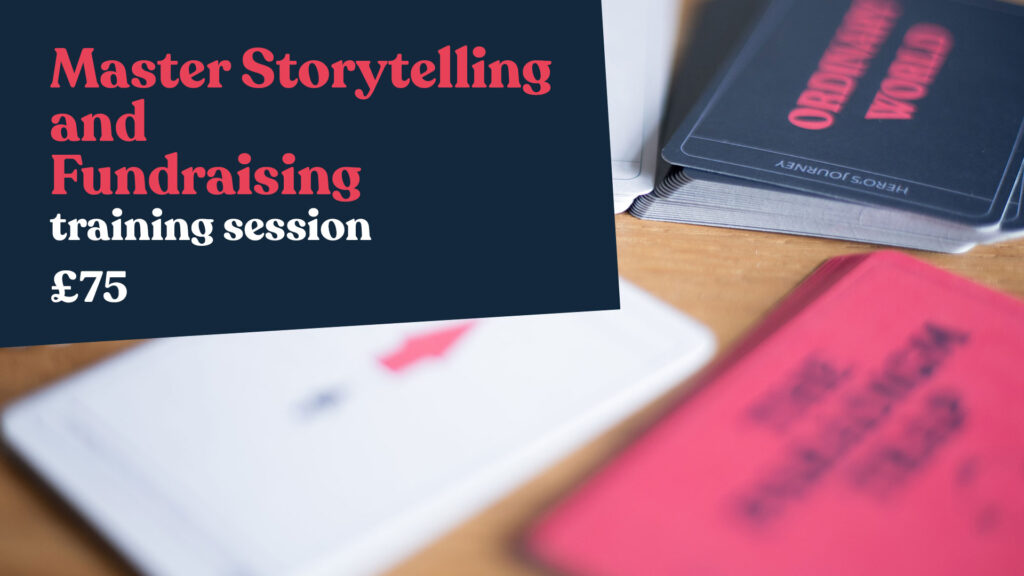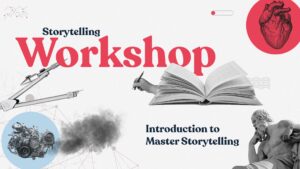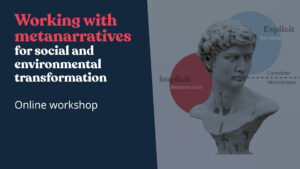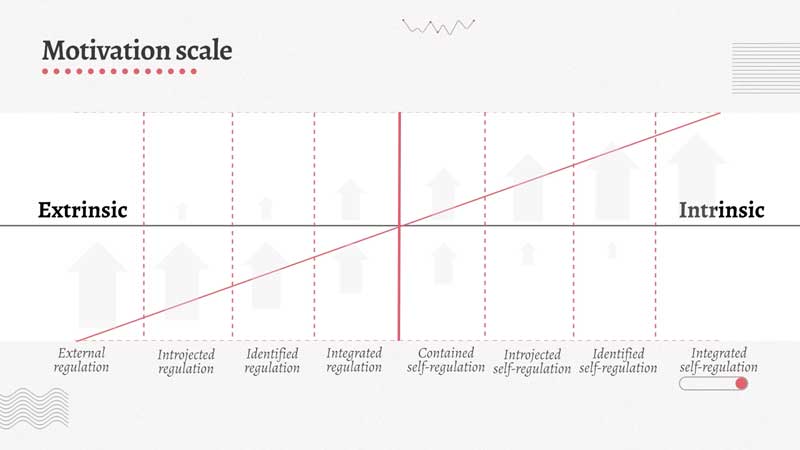
Master Storytelling and fundraising
This is a hands-on workshop to look at the problem with different fundraising propositions and to see how to escape from the thinking traps that keep us in a marketing mindset.
You will learn:
- How to create powerful fundraising propositions that play to higher values
- The problem with marketing theory in charity communications and fundraising strategies, and how to change this
- How to create narratives that deliver on short term needs (income generation), but also lead to long term engagement
- How to work with metanarratives, the deep underlying narratives that drive everything we do
- Some exciting ideas and new techniques you can use in your fundraising strategies
Anyone working on fundraising for social or environmental issues who are looking to move beyond predictable fundraising narratives, and willing to explore new ways of working that can bring in cold and indifferent audiences to your cause, as well as work for long-term change.
There are huge upheavals across the charity sector, especially in terms of the ways we fundraise for our respective causes.
As there is a growing shift towards fundraising within an ethical framework, where we can seek to create fundraising propositions without using poverty stereotypes, neo-colonialist attitudes and saviour narratives. This shift has huge.
While our tried and tested fundraising methods and strategies work well, we now know that the long-term impact of playing to simple narratives and stereotypes has huge implications for creating long-term change.
So how do we change this? Are we to choose between a fundraising frame (income focus) or a values frame (ethical focus)? Does an ethical focus soften or weaken a fundraising proposal? Or is there a way of creating powerful fundraising propositions within an ethical framework, that we can use to drive meaningful change?
In this workshop, we will be exploring two different motivation engines that sit behind everything We do. The first is called the Marketing Paradigm, and this paradigm shapes almost all of our fundraising initiatives and campaigns.
But there is a problem with this paradigm, it works best when it plays to our lower values, leans towards extrinsic motivation and tends to focus on the financial outcome as its purpose. This paradigm works best when applying the classic marketing formula of ‘show the need’ and ‘offer the magic solution’. The result is that this tends to manipulate the narrative to fit a marketing metanarrative, creating one-dimensional storytelling, objectifying the people we are trying to help, and overselling the magic solution.
While this style of fundraising might work in the short term, the long-term result of this approach is extremely problematic as it creates anxiety, plays to simple stereotypes and can even undermine our ability to create long-term change.
This is why another new methodology is needed, based on the ancient wisdom of storytelling.
We call this the storytelling paradigm. This is not just about telling stories in our fundraising communications (which we already do), but how to think like a storyteller and draw from a deeper wisdom found in ancient storytelling that uses an entirely different way to motivate and engage audiences.
Or to put it another way, how do we shift from the marketing paradigm which uses extrinsic motivation (create fear or offer a psychological reward), plays to extrinsic values (anxiety-based values) and extrinsic purpose (financial outcomes), to the storytelling paradigm that uses intrinsic motivation (self-regulated motivation), playing to intrinsic values (self-transcending values) and intrinsic purpose?
With these insights, we can develop a powerful ‘engine’ to drive our fundraising propositions that not only deliver on our fundraising targets but also work best when we engage our higher values and create authentic storytelling (i.e. non-manipulated narratives).
You can read more and download our free fundraising guide here: ministory.co.uk/fundraising
Next training date: Thursday 26 Sept, 10:00 – 12:00
Limited to 95
Sign up below.
How we fundraise is changing. We can no longer revert to the old model that objectified the people we are trying to help. A new paradigm for fundraising is needed. We call this the storytelling paradigm.
- Kieran O'Brien
Director of Ministory



